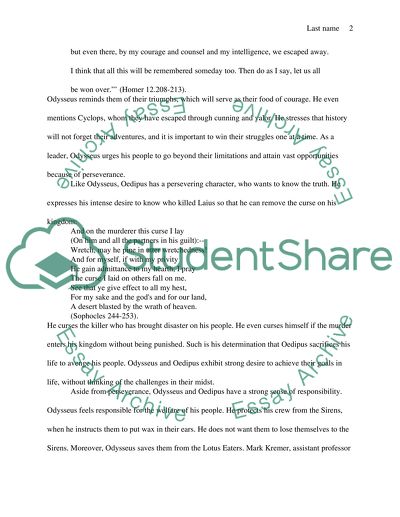Cite this document
(“Character and temperament in Homer's Odyssey and Sophocles' Oedipus Essay”, n.d.)
Retrieved from https://studentshare.org/literature/1404276-no-specific-topic
Retrieved from https://studentshare.org/literature/1404276-no-specific-topic
(Character and Temperament in Homer'S Odyssey and Sophocles' Oedipus Essay)
https://studentshare.org/literature/1404276-no-specific-topic.
https://studentshare.org/literature/1404276-no-specific-topic.
“Character and Temperament in Homer'S Odyssey and Sophocles' Oedipus Essay”, n.d. https://studentshare.org/literature/1404276-no-specific-topic.


